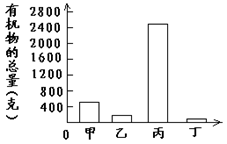书面表达。
假如你是吴斌,请用英语写一封推荐信,推荐你班的林浩获得今年的青年奖章.
内容要点如下:
1. 林浩是个既聪明又诚实的男孩, 是班上的尖子生;
2. 他对人友好,从不说别人坏话;
3. 他愿意和别人分享东西,也乐于助人;
4. 上周,在他回家的路上,他发现马路上有一只钱包;
5. 他……
注意:
1.推荐信须包括所给内容要点,但不必逐条译成英语;
2.第5个要点要用1-2句话展开合理想象,作适当发挥,写出合理的结尾;
3. 词数70个左右,推荐信的开头和结尾已给出,不计入总词数.
Dear sir,
I would like to recommend Lin Hao for this year's Youth Award.
___________________________________________________________________________________________________________________________________________________________________________________________________________________________________________________________________________________________________________________________________________________________________________________________________________________________________________________________________________________________________________________________________________________________
We all think that Lin Hao should get the award. We hope you agree with us.
Yours faithfully
Wu Bing
Dear sir,
I would like to recommend Lin Hao for this year's Youth Award. Lin Hao is a clever and honest
boy. He is a top student in our class. He is kind and never says bad words about others. He is willing
to share things with others. He is helpful as well. Last week, he found a wallet lying on the road on his
way home. He picked it up and gave it to the policeman. The owner was very thankful.
We all think that Lin Hao should get the award. We hope you agree with us.
Yours faithfully
Wu Bing
(答案不唯一。)

